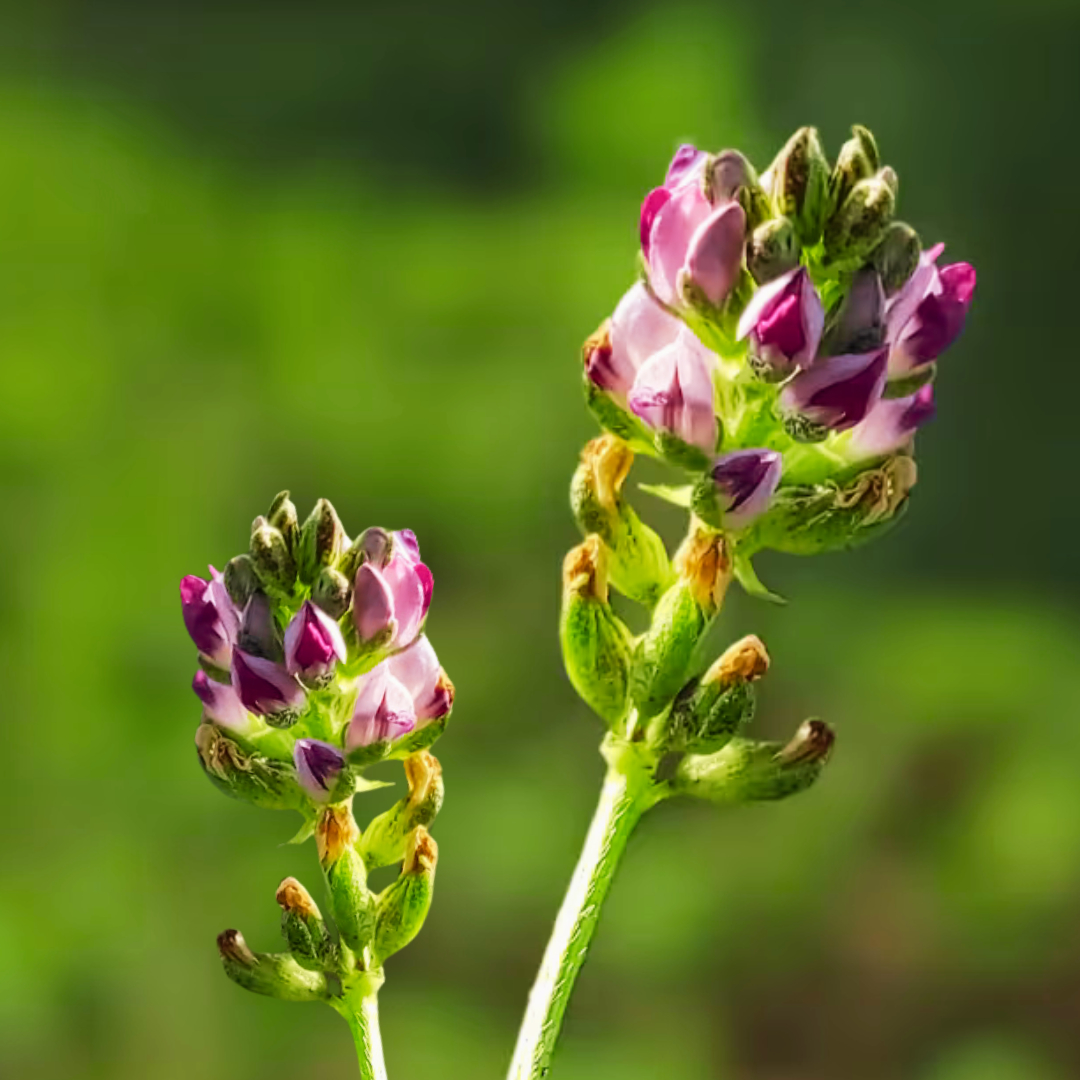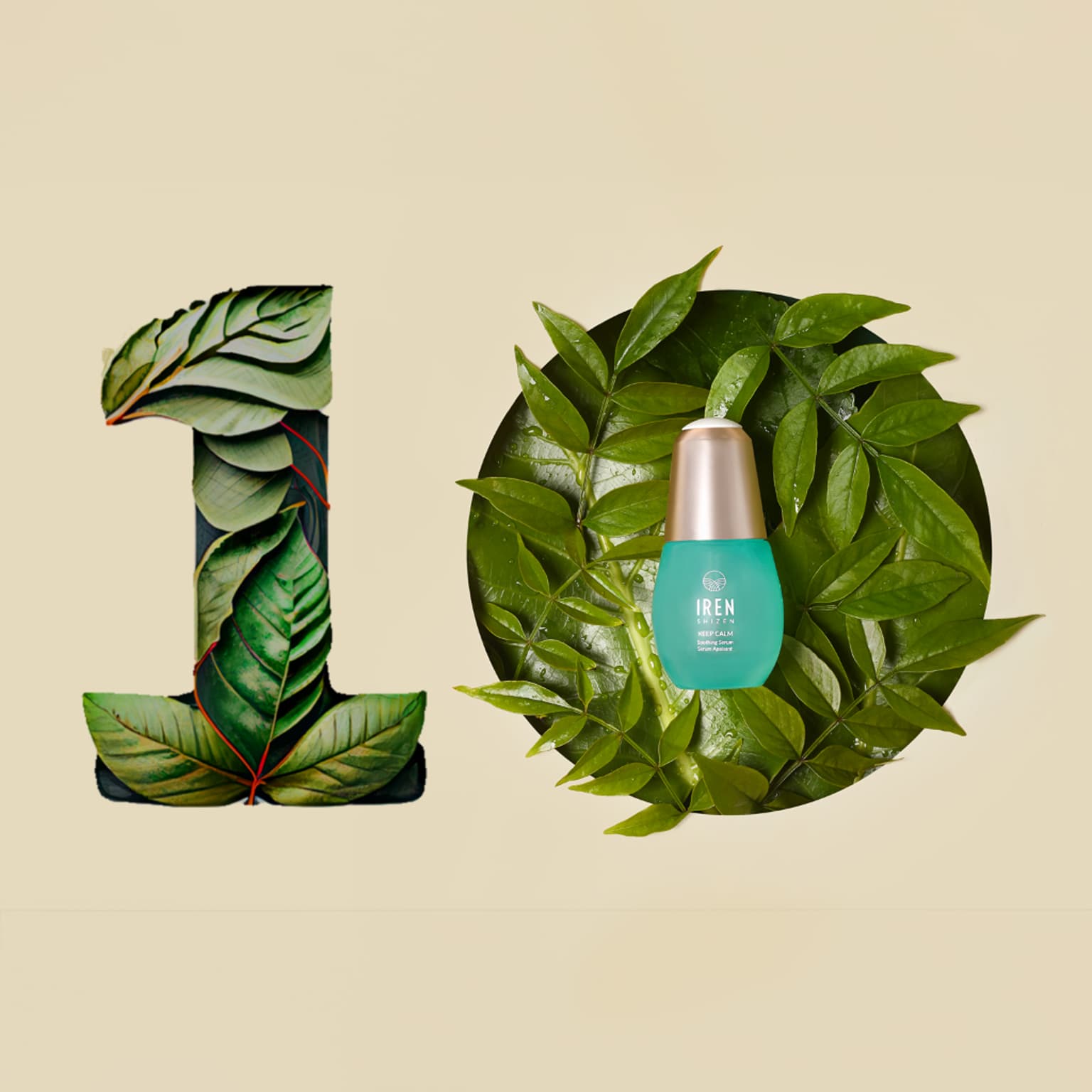
Bakuchiol
Also Known As
Psoralea Extract, Sytenol A, Phyto Retinol, バクチオール
Benefits
Achieve mochi-like (Japanese rice cake), plump and smooth skin in 4 months with a 45% savings
Become our club member and you'll earn coveted reward points every time you shop.

Similar to retinol, this plant-derived alternative is clinically proven to stimulate collagen, boost cell turnover, and smooth fine lines, but carries a lower risk of irritation, making it a good option for sensitive skin.
Also Known As
Psoralea Extract, Sytenol A, Phyto Retinol, バクチオール
Benefits
Bakuchiol, derived from the seeds and leaves of the Psoralea corylifolia plant (commonly known as Babchi), has a rich history in traditional healing practices. In Ayurveda, it was used for its antibacterial and anti-inflammatory properties, particularly effective in treating skin conditions like eczema and vitiligo. Meanwhile, in Traditional Chinese Medicine, Babchi was considered a yang tonic, promoting skin rejuvenation and overall vitality. Its historical use focused on healing wounds, calming irritations, and maintaining balanced skin health.
Though Babchi has been used medicinally for centuries, Bakuchiol as a skincare ingredient was only isolated in the early 20th century. Scientists discovered its similarity to retinol, a well-known anti-aging compound, but with a gentler profile. Unlike retinol, which can cause redness and peeling, Bakuchiol provides similar skin-smoothing and collagen-boosting benefits without the irritation. This makes it a promising alternative in modern skincare, particularly for sensitive skin types.
Bakuchiol may seem like just another plant extract at first glance, but what sets it apart is its unique ability to mimic the effects of retinol on the skin. Derived from the seeds and leaves of the Psoralea corylifolia plant, Bakuchiol was first isolated in 1973. Since then, scientific studies have uncovered its remarkable properties, including anti-inflammatory, antioxidant, antibacterial, and anti-tumor effects. However, what really catapulted Bakuchiol into the spotlight was its striking similarity to retinol in terms of skin benefits, without the harsh side effects commonly associated with retinoids.
Though Bakuchiol is not chemically related to retinoids (the vitamin A family), it behaves very similarly when applied to the skin. Researchers discovered this through comparative gene expression profiling, where they found that Bakuchiol and retinol both stimulate the production of collagen types I, III, and IV, while also reducing the activity of matrix metalloproteinases (MMPs), enzymes that break down collagen. By keeping more collagen intact, Bakuchiol helps maintain firmer, more youthful skin, effectively reducing fine lines and wrinkles in much the same way retinol does, but without the irritation.
Several clinical studies have backed up these impressive claims. In a 12-week study involving 17 participants, a 0.5% Bakuchiol formula was used twice daily, leading to significant improvements in wrinkles, skin firmness, and elasticity. Even more noteworthy was the fact that Bakuchiol was well tolerated by all participants, with none of the peeling or redness often experienced with retinol use. A second study conducted in 2018 further solidified Bakuchiol’s status as a powerful skincare ingredient. This double-blind study compared 0.5% Bakuchiol with 0.5% retinol in 44 participants and found that both were equally effective in improving the visible signs of photo-aging, but Bakuchiol came out ahead in terms of tolerability, making it an excellent option for sensitive skin.
Beyond its anti-aging benefits, Bakuchiol has also demonstrated impressive anti-acne properties. In one study, a 1% Bakuchiol formula resulted in a 57% reduction in acne after just six weeks of treatment. When combined with 2% salicylic acid, the results were even more dramatic, with a 67% reduction in acne. Bakuchiol works to combat acne by regulating sebum production, inhibiting acne-causing bacteria, and controlling inflammation. This multi-faceted approach makes it a valuable ally in the fight against breakouts, particularly for those who struggle with acne-prone yet sensitive skin.
In addition to its anti-aging and anti-acne properties, Bakuchiol offers other skin benefits. Research has shown that Bakuchiol can positively regulate hydration-related genes, such as Aquaporin 3, which helps the skin retain moisture. It also has melanin-inhibiting properties, making it effective at reducing hyperpigmentation and promoting a more even skin tone. These added benefits make Bakuchiol an all-around powerhouse for a wide range of skin concerns, from dryness and dullness to discoloration and uneven texture.
Enjoy 10% off your first order and be the first to hear about new launches, exclusive offers and free gifts.
We pour our heart and soul into crafting praiseworthy products that deliver satisfaction. If for any reason you are less than completely satisfied with your purchase, please contact us within 30 days for a full refund - no questions asked.
Learn more


Join our email list to get 10% off your first order*. Plus, enjoy early access to new launches, exclusive offers, and more.
*Limit one discount code per order